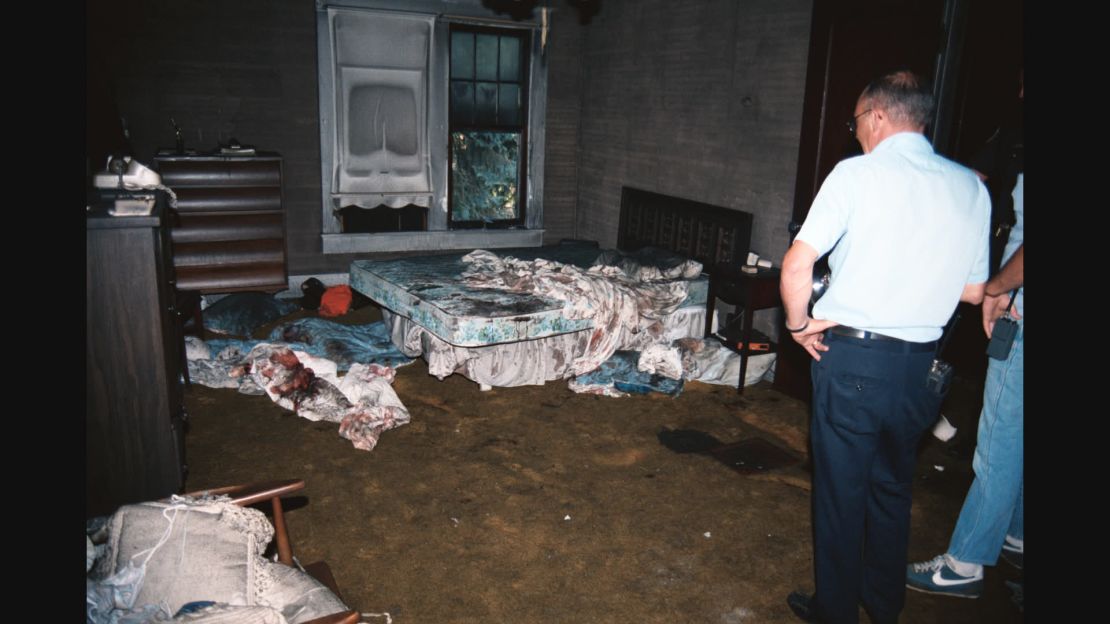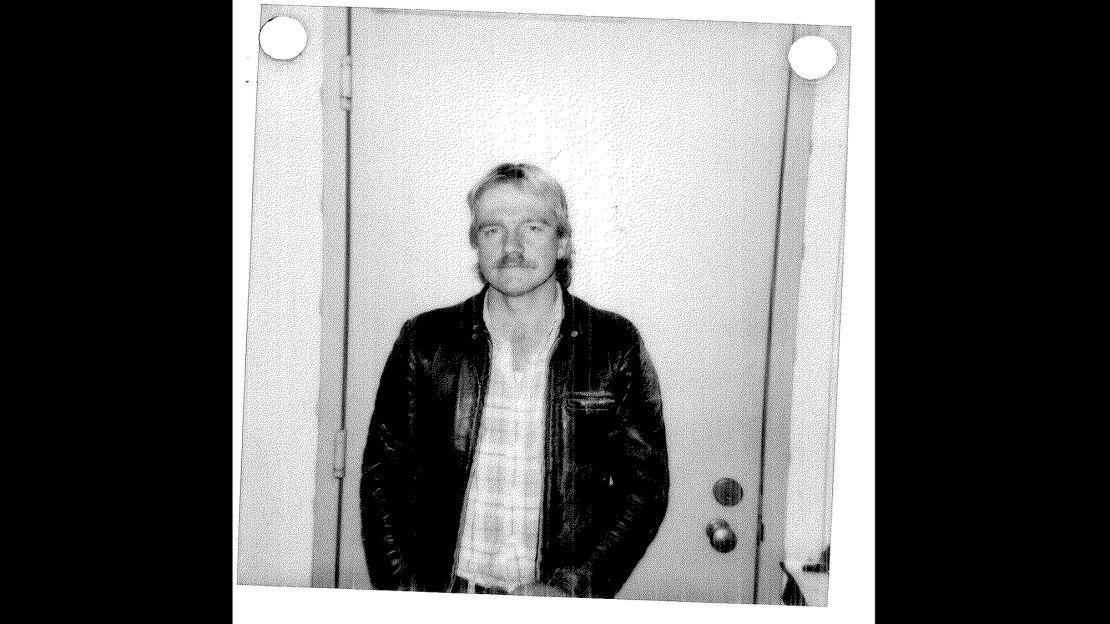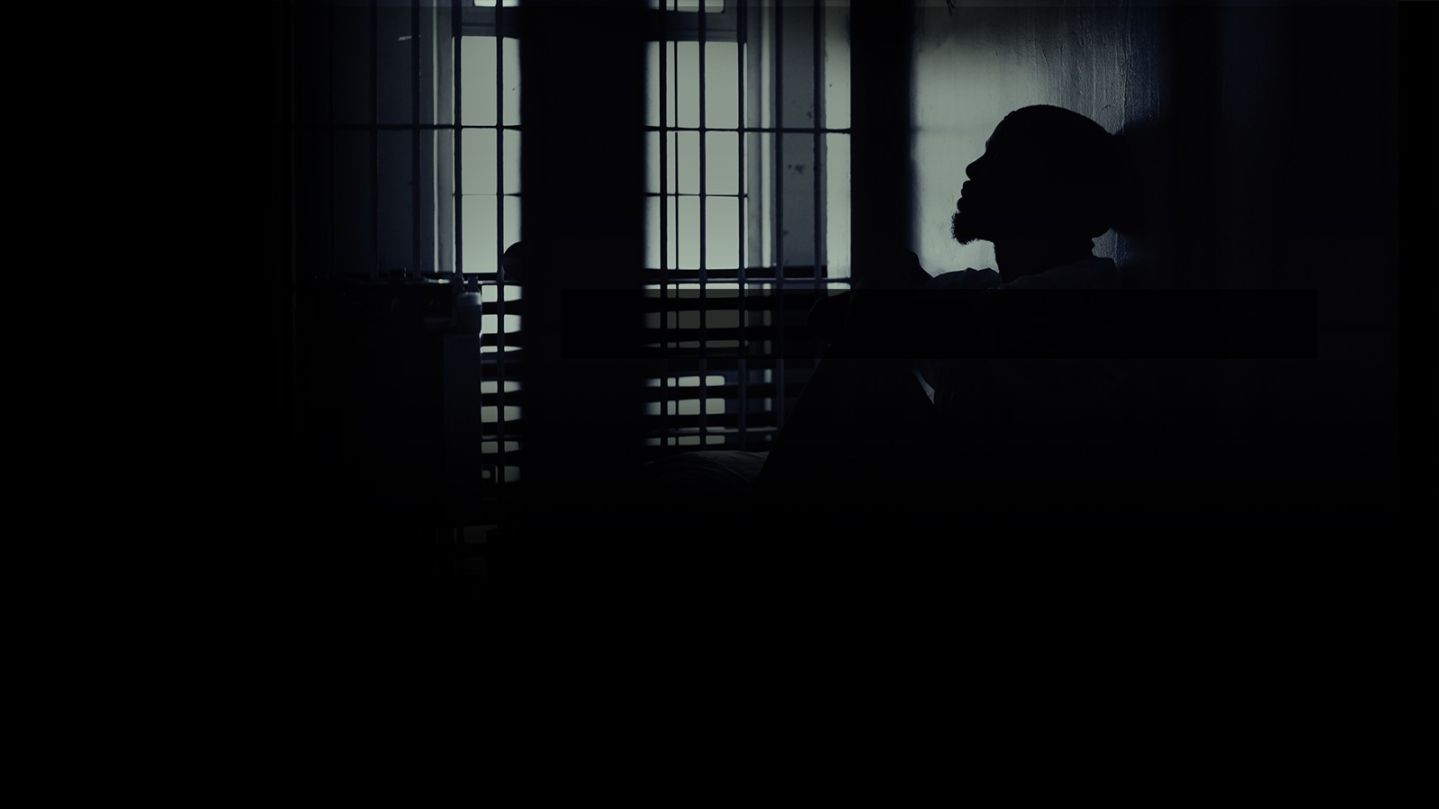“Death Row Stories” airs Sundays at 10 p.m. ET/PT on CNN.
“It’s been 17 years, three months, one week and two days. I’m ready for it to end,” Gordon “Randy” Steidl said at the Danville Correctional Center in May 2004.
In 1987, Steidl was sentenced to death for the double murder of newlyweds Dyke and Karen Rhoads in the small town of Paris, Illinois.
He wasn’t talking about the end of his life, though. Steidl, an innocent man, was finally free after 17 years behind bars, thanks to the persistence of one state police officer.
‘Murder in Paris’
In July 1986, a fire engulfed the home of Dyke Rhoads, 28, and Karen Rhoads, 25, while they were still inside.
However, firefighters soon discovered that the fire was intended as a cover-up: The couple had been stabbed to death before the arson.

For the rest of the summer, police struggled to come up with a motive or any suspects, until the so-called “town drunk,” Darrell Herrington, said he knew something about the murders. He told police that he had been drinking with two locals – Randy Steidl and Herb Whitlock – the night of the incident and had passed out in the back of Steidl’s car on the way home. He recounted that he ultimately awoke outside the Rhoads’ home to a woman screaming, and that later, he saw Steidl with a knife and blood on his clothes.
“When Darrell Herrington came forward and told his story, there wasn’t enough probable cause to arrest Randy or Herb because they didn’t feel confident that they could convict, based on a guy like Darrell Herrington,” private investigator Bill Clutter told CNN’s Original Series “Death Row Stories,” which airs Sunday at 10 p.m. ET/PT.
Two months later, a local nursing aide Debra Reinboldt separately identified Steidl and Whitlock as the two killers – and that she had helped them. She agreed to testify and give police the murder weapon in exchange for leniency.
Both men were arrested, and the prosecution built its case around the eyewitness accounts. The prosecution also said the motive was that Steidl and Whitlock were dealing drugs and that Dyke Rhoads owed them money.

Whitlock was ultimately found guilty of one of the murders and sentenced to life in prison, while Steidl was convicted of killing both Dyke and Karen and sentenced to death.
Untangling a web of corruption
In 2000, 13 years after Steidl’s sentencing, Michale Callahan was promoted to commander of investigations within the Illinois State Police.
“We were always told that no one was above the law and that we would always do the right thing,” Callahan told CNN. “I believed that until 2000. Then I was handed the Rhoads case to review.”
The prime-time show “48 Hours” was about to do a special on the case, and Callahan’s command was a bit antsy.
“I had not even turned the first page when I got a phone call,” Callahan said. It was from a local police official who, according to Callahan, had concerns about his reputation and feared being labeled “a dirty cop.”
That, said Callahan, “was a definite red flag to me.”
And the red flags kept popping up: Right away it was apparent the prosecution’s time line of events had flaws, especially because the two witnesses contradicted each other – Reinboldt’s story didn’t include Herrington and his story didn’t include her.
According to court documents, investigators induced the witnesses with alcohol before their testimonies.
Reinboldt ending up recanting her testimony, but questions still loomed about why she and Herrington had both blamed Steidl.
Steidl had a theory. Just two weeks before Dyke and Karen Rhoads were murdered, he had reached out to the FBI about possible corruption in Paris, including claims of state officials protecting drug dealers and gambling in the small Illinois town.
Callahan took his findings to his superiors in hopes of opening an investigation focusing on “official misconduct, suborning perjury, impeding a criminal investigation and worse.”
Murder is not ‘too politically sensitive’
Yet, when he ran the deeply flawed case up the ladder, he was told it was “too politically sensitive.”
He sent his findings in the case to the state attorney general, but no action was taken.
Callahan was soon demoted from his position and transferred back to patrol.
By 2001, courts had repeatedly denied Steidl a new trial. Then, veteran federal judge Michael McCuskey was handed the case. Although he had never granted a petition for a new trial in all his years, in 2003, that changed. McCuskey ordered that the state had 120 days to retry or release Steidl.
“When Judge McCuskey granted me a new trial, I was still holding my breath. ‘Cause I’d watched guys on death row get a new trial and have the attorney general appeal it and have it taken away. And within 60 days, they’re strapped to a gurney being executed,” Steidl said.
A new attorney general – Lisa Madigan – had just taken office, and Callahan knew he had to get his findings to her, quickly.
In the end, based on Callahan’s report and lack of evidence, Madigan set Steidl free. (Randy’s co-defendant, Herb Whitlock, was released from prison in 2008.)
Callahan’s fight for truth had set an innocent man free, but it had cost him his career. He went on to write a book about the experience, titled “Too Politically Sensitive.”
“The magnitude of Randy’s story, or any wrongful death row conviction that’s tainted by police or prosecutorial misconduct, is that the government officials guilty of that conduct are really no better than those who commit cold-blooded murder,” Callahan says.
CNN reached out to officials who were cited in court documents and by Callahan, but none agreed to respond.
Callahan says he apologized to Steidl the first time he met him for what his department had done.
“Randy and I have become good friends, and I am proud to say that he is more welcome in my home than many of the officers I took an oath beside.”
Tune in to “Death Row Stories,” Sunday at 10 p.m. ET/PT to learn more about the lies and corruption that formed the case against Randy Steidl.



